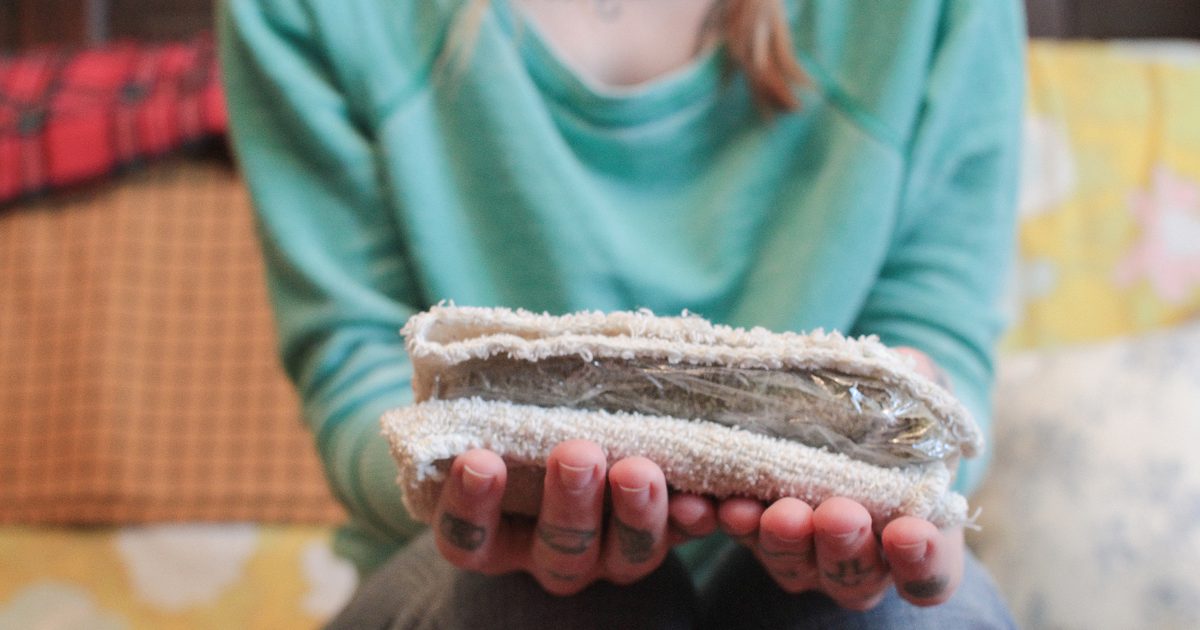Treating And Preventing Phleboliths
Medications

Medications that reduce inflammation, as well as pain, are sometimes given to patients with phleboliths. These can be over-the-counter nonsteroidal anti-inflammatory medications such as ibuprofen, or they can be stronger medications recommended by the doctor. Nonsteroidal anti-inflammatories work by blocking the action of compounds called prostaglandins, which are made by cyclooxygenase enzymes. These enzymes set up inflammation, which can be helpful in healing but can lead to pain. Some doctors recommend their patients take a daily, low-dose acetylsalicylic acid. This not only helps with the pain of phleboliths, if they are causing pain, but prevents blood clots from forming in the vein as well.
Get to know more phlebolith treatment options now.
Warm Compresses

One easy way to lessen the pain of phleboliths is to apply warm compresses to the area. The patient should find a clean washcloth, soaks it in hot water, wrings it out and places it over the place where they are feeling pain. Some patients also get relief from a heating pad placed over the area, and others use a moist abdominal bandage, which is an effective way to deliver moist heat to a painful area. It’s made of dampened gauze or linen covered by flannel then wrapped around the patient’s midsection as they lie in bed. The patient’s own body heat warms it.
Continue for more options on treating phleboliths now.
